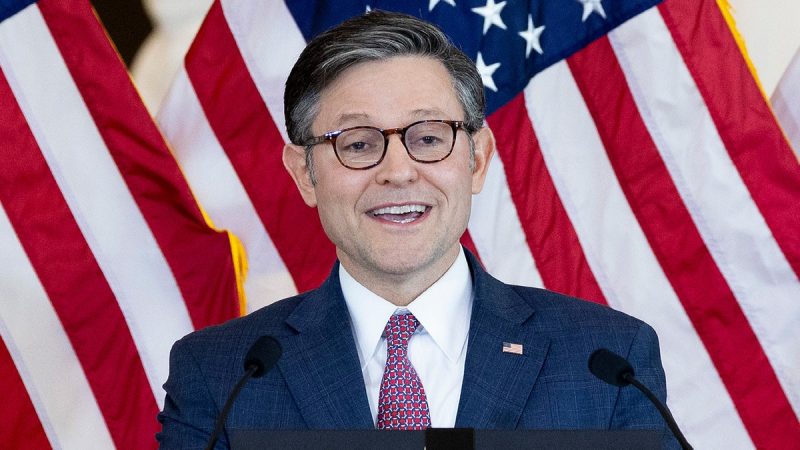The U.S. House of Representatives recently approved the renewal of the Foreign Intelligence Surveillance Act (FISA) without the addition of a warrant mandate for accessing data of American citizens. This decision has sparked intense debate and raised concerns regarding privacy and government surveillance practices. The issue at hand revolves around the balance between national security interests and individual privacy rights, a complex and sometimes contentious subject in today’s digital age.
Proponents of the renewed FISA legislation argue that these surveillance programs are crucial for national security efforts, helping to prevent terrorism and other threats to the country. They emphasize the need for intelligence agencies to have the necessary tools to gather information and track potential threats, regardless of whether the targets are foreign or domestic.
On the other hand, critics are alarmed by the lack of safeguards and oversight in the FISA renewal, particularly the absence of a requirement for a warrant when accessing data of U.S. citizens. They argue that this absence undermines fundamental rights to privacy and protection against government overreach. Concerns have been raised about the potential misuse of these surveillance powers and the impact on civil liberties.
The debate over FISA renewal reflects broader concerns about the balance between security and privacy in the digital age. As technology advances and data collection becomes more pervasive, there is a growing need to reassess surveillance laws and practices to ensure they adequately protect individual rights while also addressing legitimate security concerns.
Congress must grapple with these complex issues and work towards finding a balance that upholds both national security interests and individual privacy rights. This may involve revisiting and amending existing legislation to include stronger privacy protections and oversight mechanisms, as well as ensuring that intelligence gathering is conducted within legal and ethical boundaries.
Ultimately, the FISA renewal debate underscores the importance of thoughtful and informed decision-making when it comes to national security and surveillance practices. Balancing the needs of security with respect for civil liberties is a delicate task that requires careful consideration and a commitment to upholding the values of a free and democratic society.




























